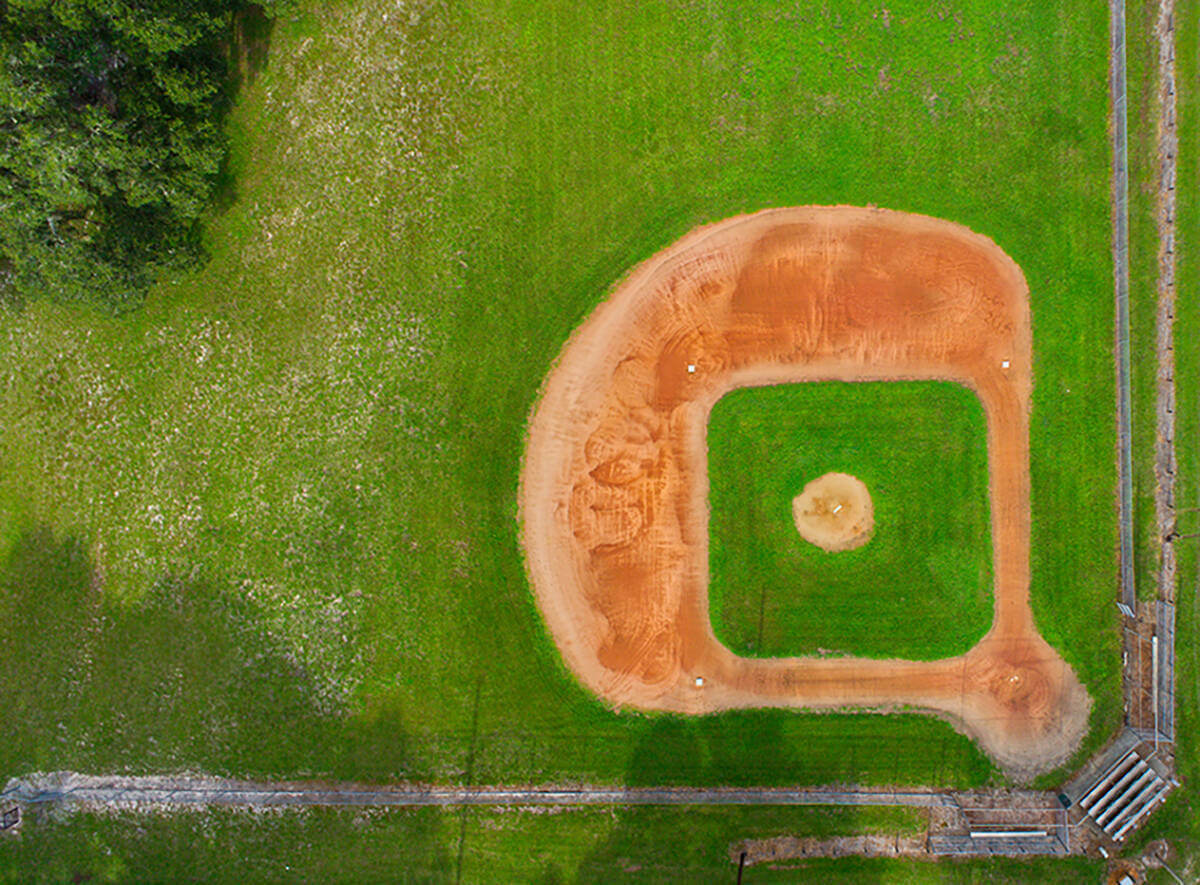Summertime: Like that brief moment in the morning when you first open your eyes, arch your back and stretch. You hold it. You purr luxuriously. You try to prolong the delicious feeling. But it never lasts.
I learned the truth when I turned 12.
I grew up on the far south side of Chicago, Evergreen Park, when there were battalions of kids. Children of war, baby boomers, swarming every block. Day after day, from the time I was awakened by the milkman opening our back door at dawn, till the tingling bells of the Good Humor ice cream truck slowly moving down 96th Place at dusk, we played outside, incredulous about our uninterrupted span of time without coats, parents, or homework.
A kid’s concept of summer was of a vast, endless plain, filled with sidewalks for biking, trees for climbing, and “prairies” (South Side term for vacant lots) for exploring. We played free and wild but were wary of crossing an invisible line, lest we attract the attention of adults.
But it all went south in the summer of 1961.
With no parks in Evergreen Park, if you didn’t count the swing set in front of the volunteer firehouse on Washtenaw Avenue, we would ride bikes to Chicago’s Beverly Park on 103rd and Maplewood each morning to play baseball. We’d pack baloney and mustard sandwiches, a can of shoestring potato chips, and a gallon of red Kool-Aid in a glass milk jug, which I’d precariously transport by hanging the jug from my handlebars.
Sustenance was required because we’d play ball for hours. We would have played till twilight had our parents allowed us to pack our suppers, as well.
But on a sun-soaked weekday in August, while in the second inning of a game with four boys on a side (a ball hit to right field was an automatic out), Debbie Glick showed up, settling on the bench behind the chain link fence along the third base line. She wore a peach-colored top and bright white shorts.
John O’Neill, playing shortstop, turned, cupped his mouth with his hand and said she was from St. John Fisher. Catholics, of course, lived in parishes, and Fisher was somewhere near the park. We lived in St. Bernadette’s.
Mickey Michau hit a bouncer to Tommy Booth who was pitching. With only four on a team, it was “pitcher’s hands out.”

O’Neill was not great at baseball but was older than the rest of us, and he knew things. Between batters, he decided to leave the infield and trot over to where Debbie Glick was hugging her knees, the heels of her Keds — no socks — tucked in against the white shorts.
O’Neill rested one foot on the bench where she was sitting in order to talk. Talking to a girl.
“There’s only one out, John,” I called.
O’Neill did not turn around. But Debbie Glick tilted up her head and gazed toward the outfield.
She turned back to O’Neill and smiled at something he said. She rocked once from side to side on the bench. She fixed the cloth purse beside her — more like a small beach bag — then threw back her head to smooth her long brown hair with her left hand.
I moved in a few steps from left field. We would play without him.
Sure enough, my brother Kenneth hit a slow grounder through O’Neill’s vacated position and stretched it to a double. I called a timeout.
The Kool-Aid jug sat in the grass in foul territory, against the fence and opposite the bench.
When I got there, I could hear O’Neill gossiping about some boy on St. John Fisher’s basketball team whom apparently both he and Debbie Glick knew.
Is that what you talk to girls about?
I lifted the jug with both hands and took a long drink and a longer look through the glass bottom to see what was wrecking our game: No more than one girl. With very white teeth. Sparkly earrings.
The cold drink left a sharp stitch in my gut. My eyes returned to her face, but the earrings disappeared momentarily when she leaned forward to nod and politely laugh at some other boring thing O’Neill said.
But there it was again, at the intersection of ear and slender neck. A tiny sparkle, glinting behind the waterfall of hair shining in the sun. How could such a small and fragile thing give me a dizzy, soaring sensation? I reached a steadying hand against the fence wire.
I turned to where the others were walking toward our bikes that lay in the grass. I turned back, magnetized by the earrings. Debbie Glick’s bare knees touching each other.
Her eyes, omniscient fireflies, met mine.
O’Neill, yapping, oblivious.
Our game was ended.
September coming fast.
Summer, slipping away, would never be the same.
An emeritus professor of English at College of DuPage, David McGrath is contributing editor of Florida Sportsman magazine and author of South Siders, a collection of his stories and columns on life in the Midwest. He can be contacted at mcgrathd@dupage.edu.